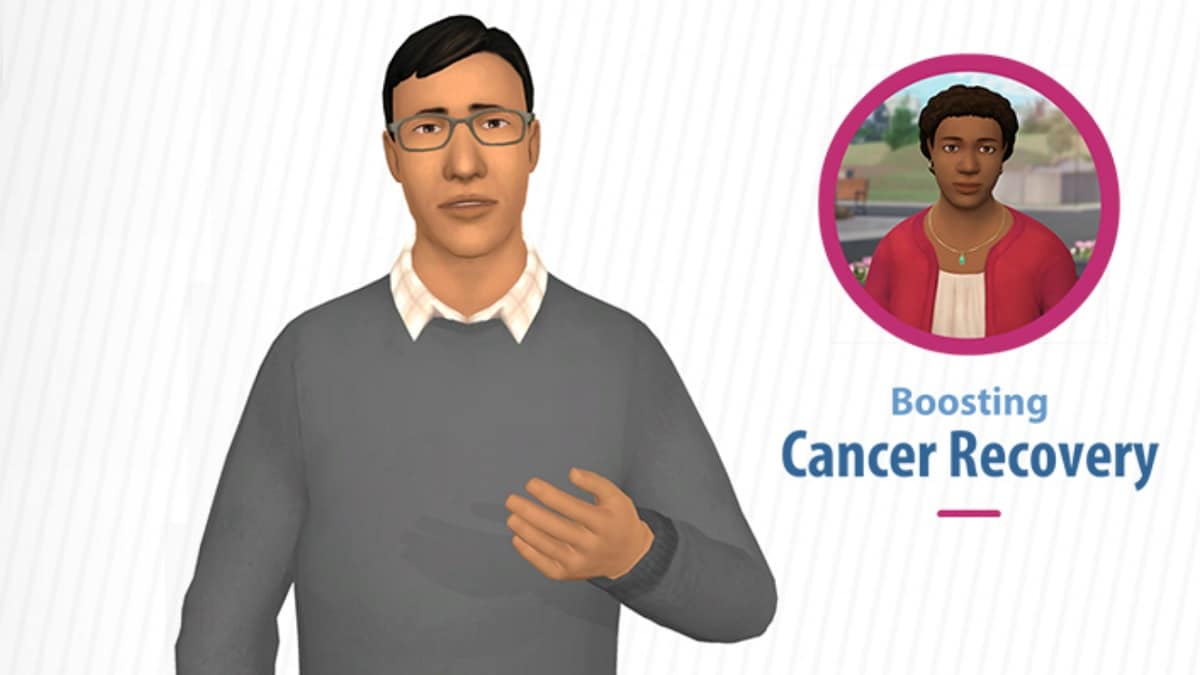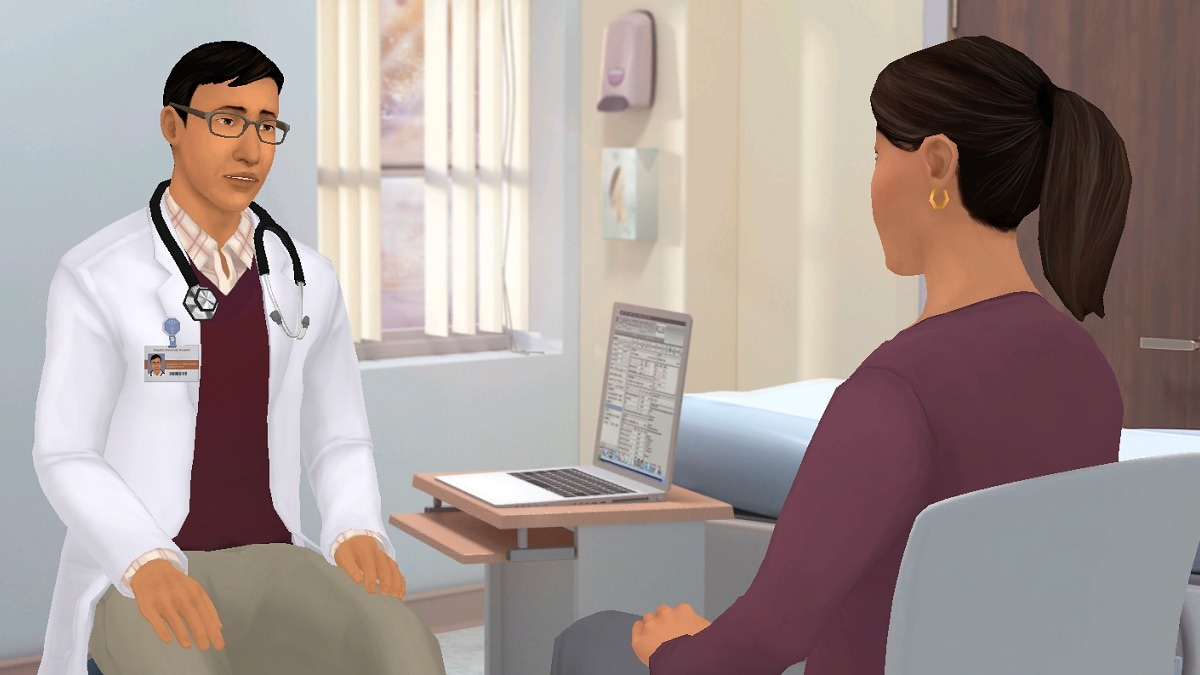What to know
These resources help doctors provide care for people with cancer.

Overview
People are living longer after a cancer diagnosis because of advances in early detection and treatment. After completing treatment, people may continue to need care related to their cancer or its treatment.
Everyone is at risk of developing cancer. Yet, people with a personal history of cancer are at greater risk than people who have never had cancer. The recurrence (cancer at the same site) or second cancer (cancer at a different site) may be due to:
- The effects of treatment.
- Unhealthy behaviors.
- Underlying genetics.
- Risk factors that contributed to the first cancer.
People who had cancer also often face physical, emotional, psychosocial, and financial problems as a result of their diagnosis and treatment.
Medical and public health professionals can help prepare patients for the possible long-term and late effects of cancer and its treatment. They can also provide coordinated care and promote healthy behaviors.
Survivorship care plans
Survivorship care plans are documents given to patients at the end of their cancer treatment. They summarize the patient's cancer and treatment history; potential long-term effects of cancer or its treatment; and recommended screening, surveillance, preventive care, and follow-up. They also identify the health care providers responsible for different aspects of care.
Many patients do not return for follow-up care after they complete cancer treatment. Survivorship care plans can help guide communication and coordinate care between patients and their health care team, so patients get the follow-up care they need. Plans are now included in some programs designed to improve the quality of cancer care.
Talk to Someone: Health Care Providers

After completing cancer treatment, people need information about healthy habits for recovery. In Talk to Someone: Health Care Providers, Dr. Wei explains how Linda provides information approved by CDC's medical experts. Linda encourages healthy behaviors in an empathetic way. Linda builds a foundation of knowledge and motivation so the conversations you have with patients are more targeted and efficient.


